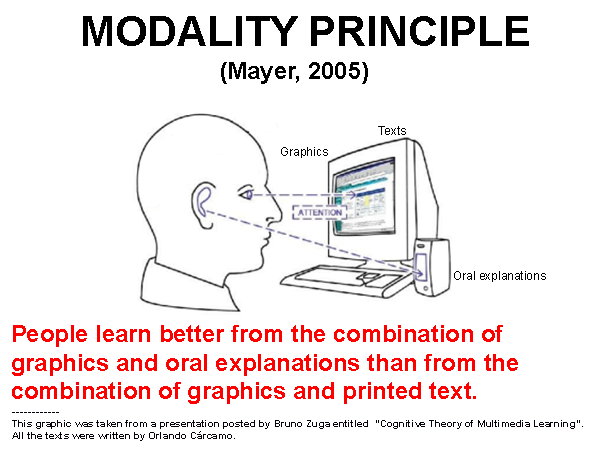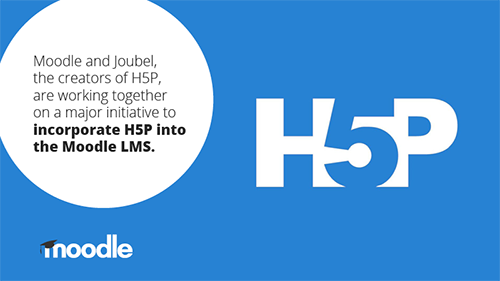A Small Manifesto for a Fulfilling Life: Care, Inspire, Share, Smile, Be Yourself
Untitled Document

When we deny a part of ourselves, we don't eliminate it; We push it into our "shadow," where it continues to operate without our awareness or control. We become puppets of our own denials.
A reflection inspired by a timeless proverb quoted by Cervantes: “When one door closes, another opens.” This article explores how every ending holds the seed of renewal and invites us to see closures not as losses, but as openings to growth, learning, and new possibilities.
Fear has a clever way of disguising itself as a protector. It tells us: "Don’t do it, it’s dangerous. Stay where you are, you’re safe here." It convinces us that remaining in the familiar, even if it is unsatisfying, is preferable to venturing into the unknown.
We live in the age of instant gratification. We want success yesterday, answers at the click of a button, and solutions in less than 24 hours. In this context, patience is not only a scarce virtue, it is an almost countercultural experience. It is, as Rousseau says, “bitter.”
![]() Spanish version
Spanish version
Written by: Prof. Orlando Carcamo Berrio
 Spanish version
Spanish version
Written by: Prof. Orlando Carcamo Berrio

Through this article I present to you my implementation of the modality principle proposed by Sweller's (1994) cognitive load theory and Mayer's (2005) cognitive theory of multimedia learning. The modality principle recommends replacing written descriptions with spoken descriptions when giving explanations about the preparation of a task or a job on a platform or virtual classroom. It states this principle that since auditory or visual information is processed independently, then the student's working memory is not overloaded. I explain my application of the modality principle through the design of a sound player button to access the teacher's instructions in audio form on online educational platforms. In the design I used HTML5 and JavaScript.
Before the advent of H5P for Moodle in 2017, the leading platform for designing interactive exercises for Moodle and other platforms was Hot Potatoes, version 6.0 at that time.
